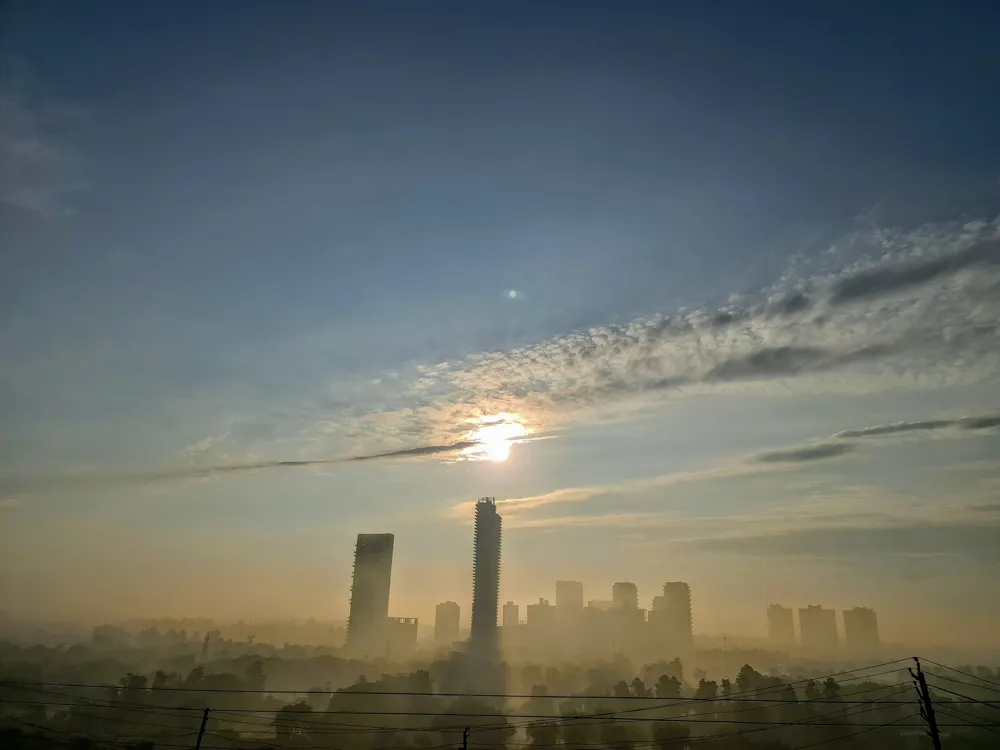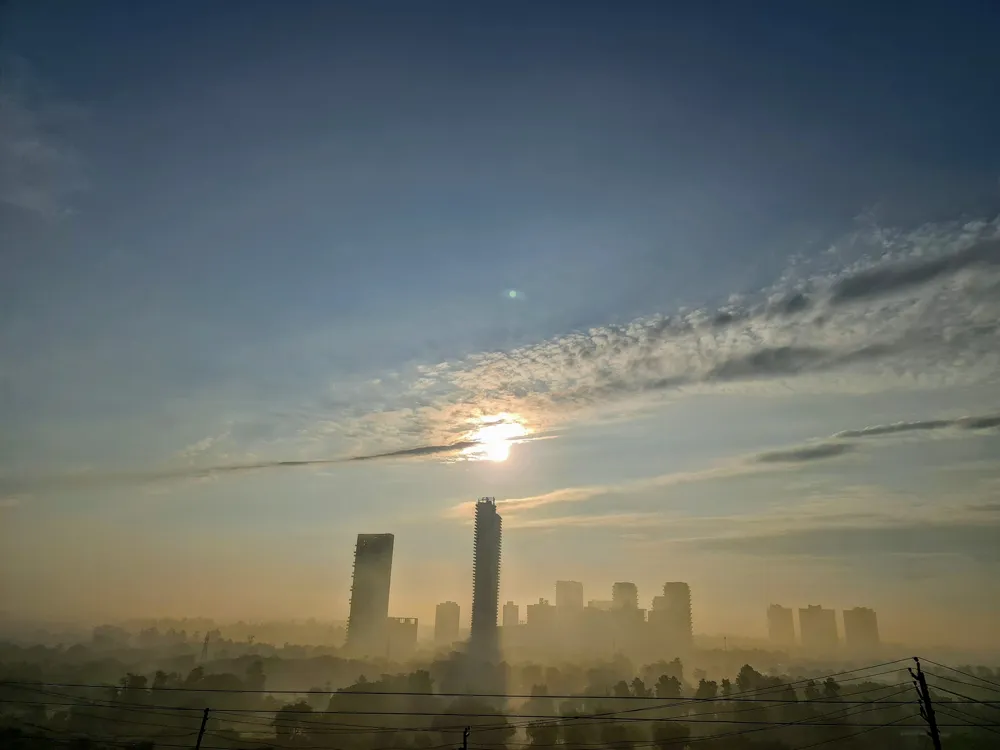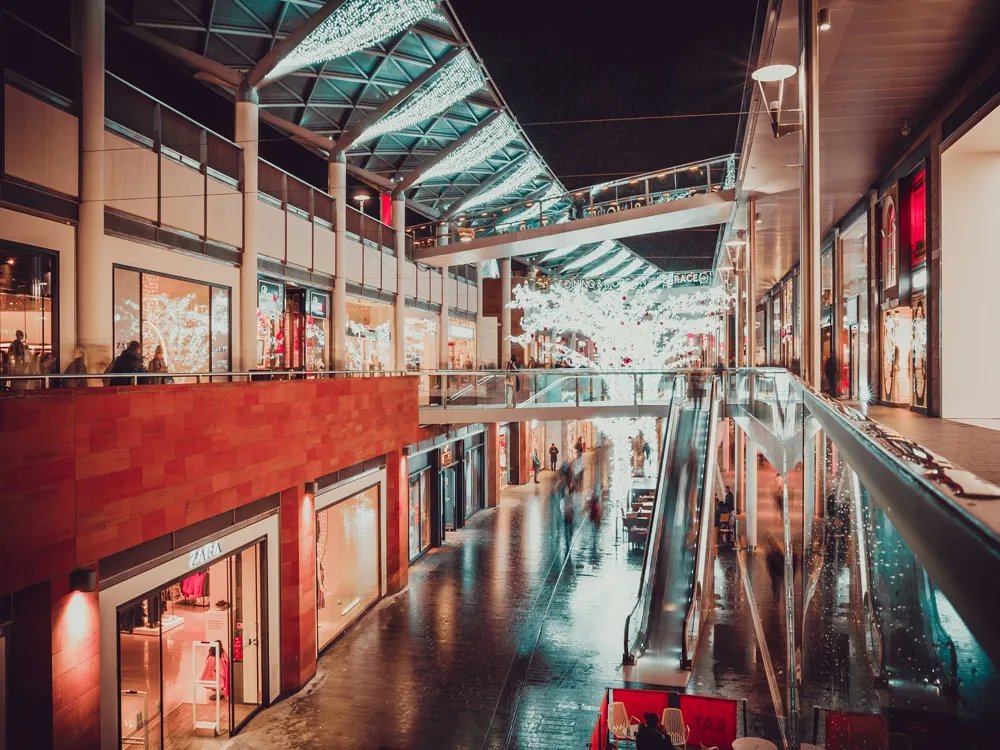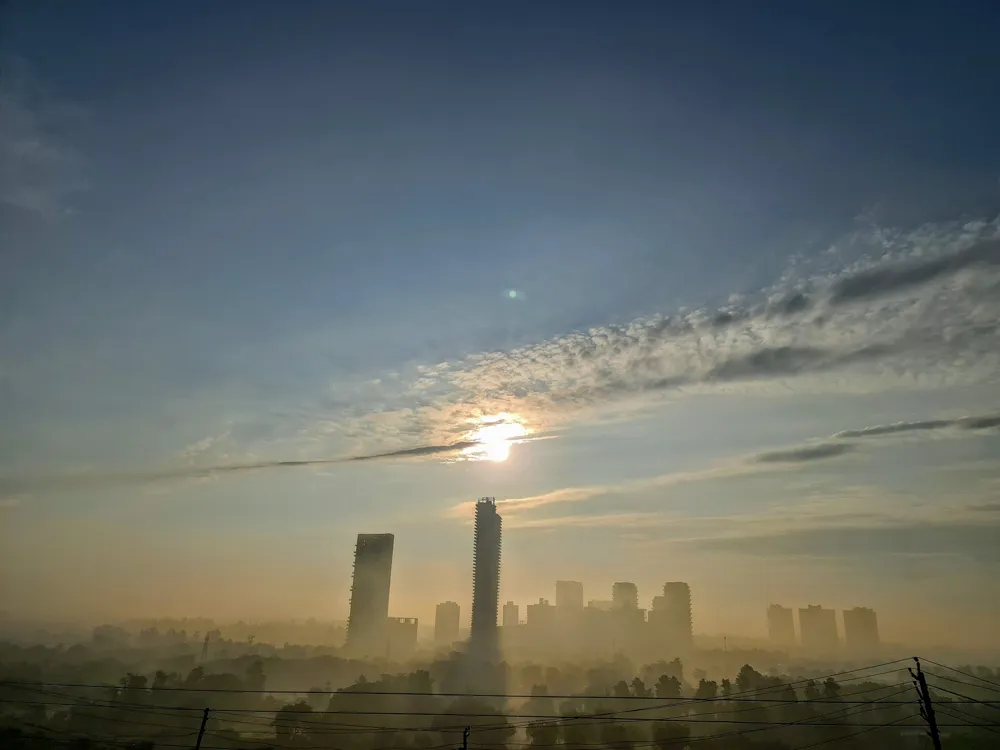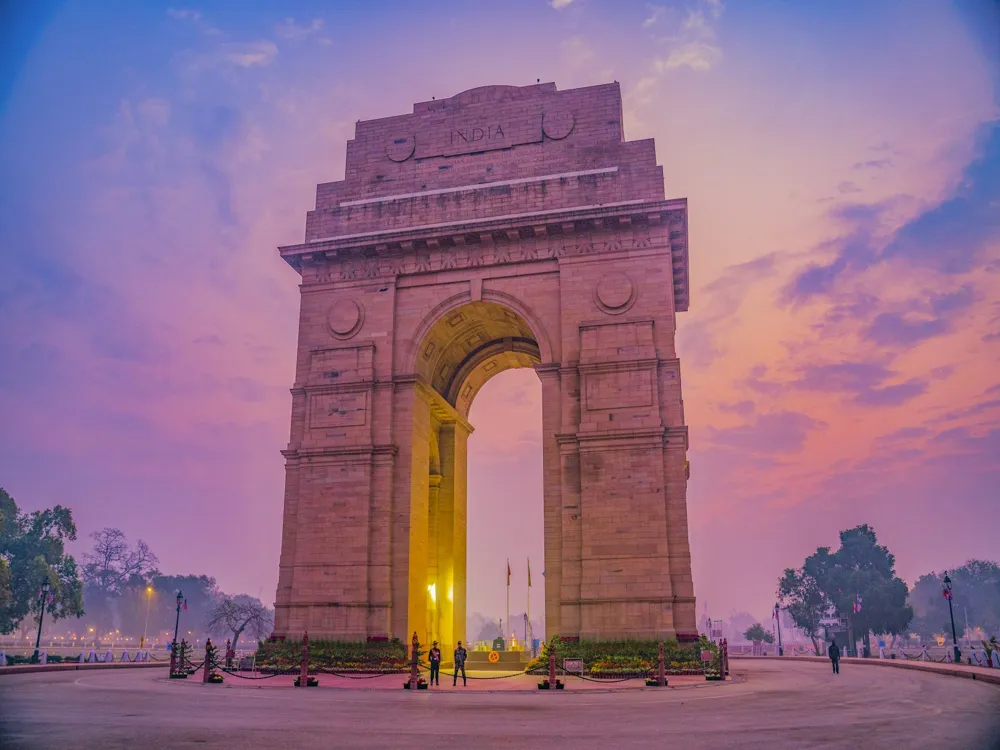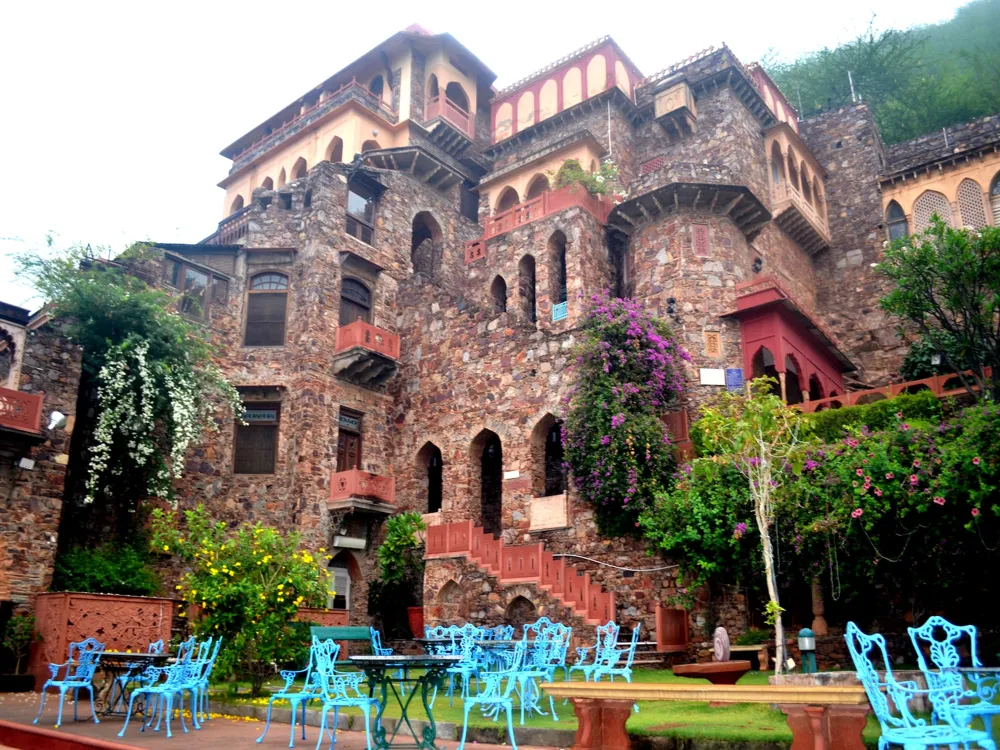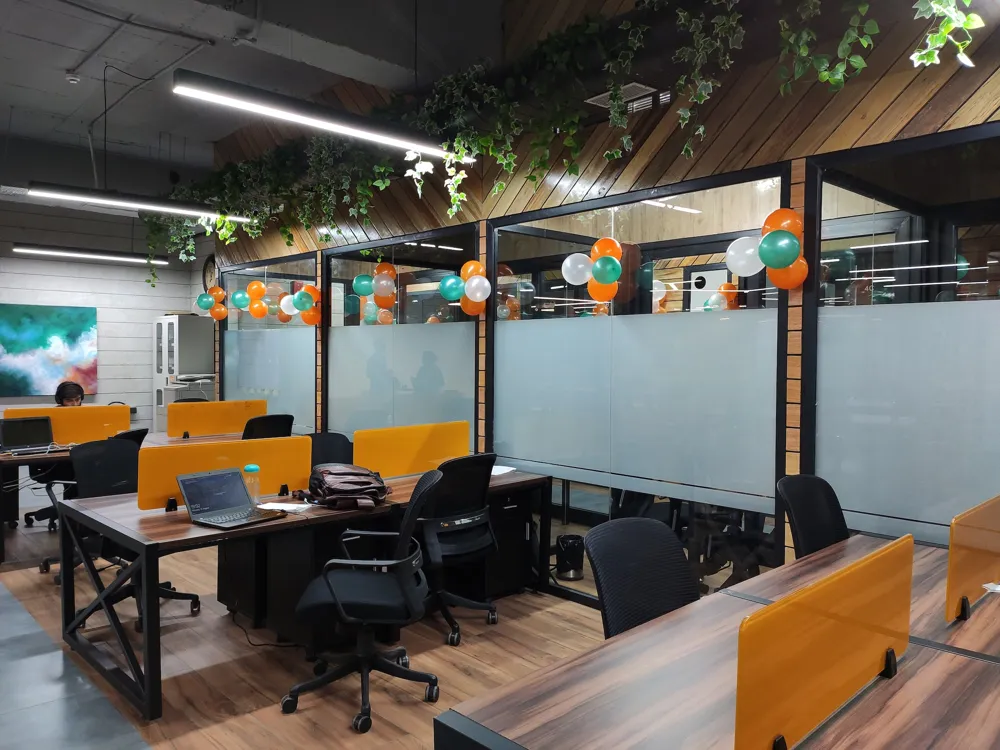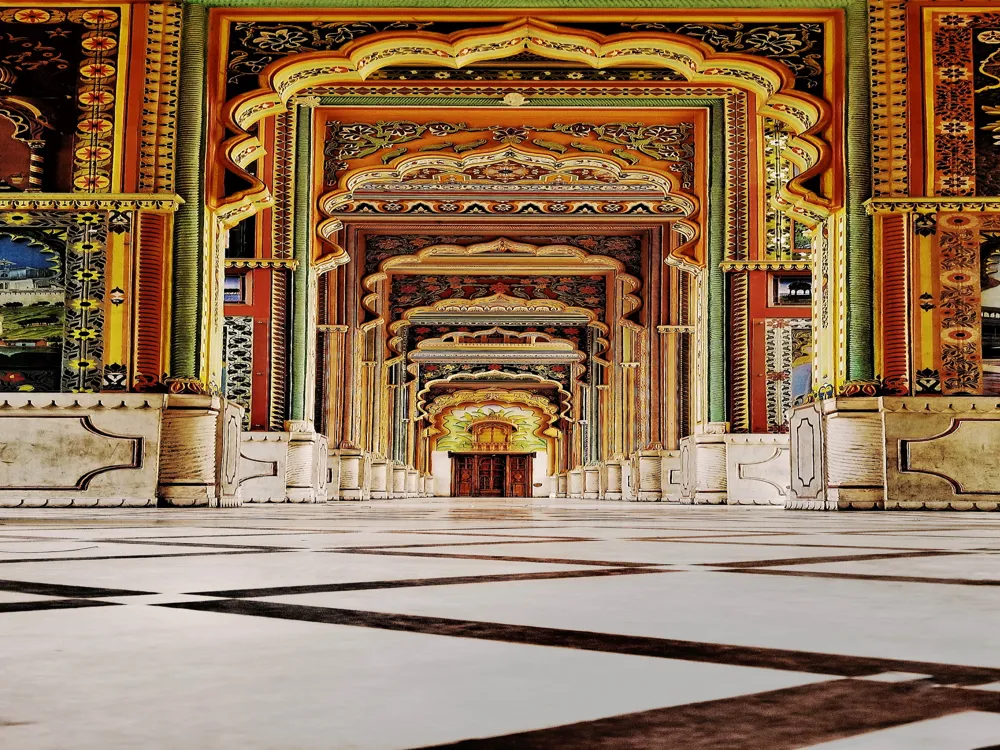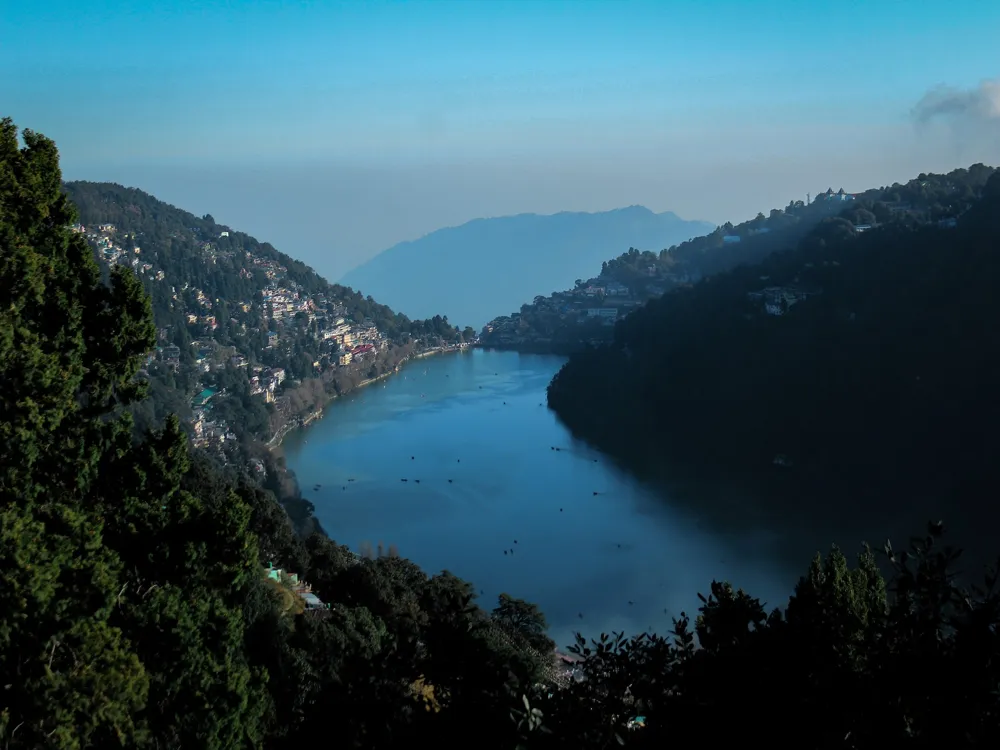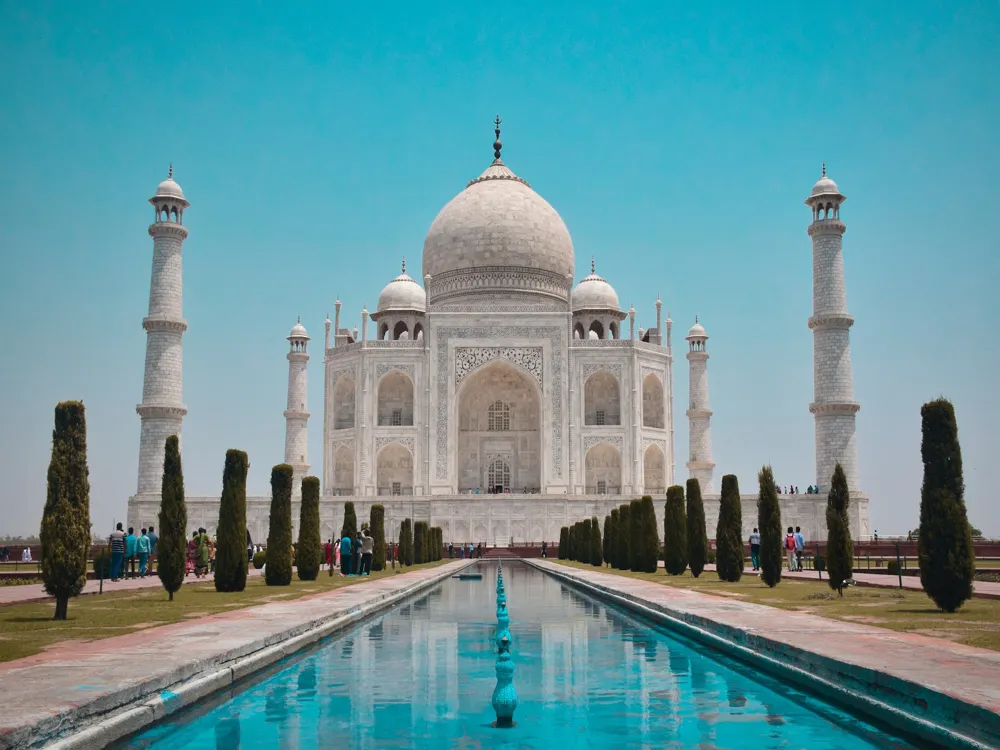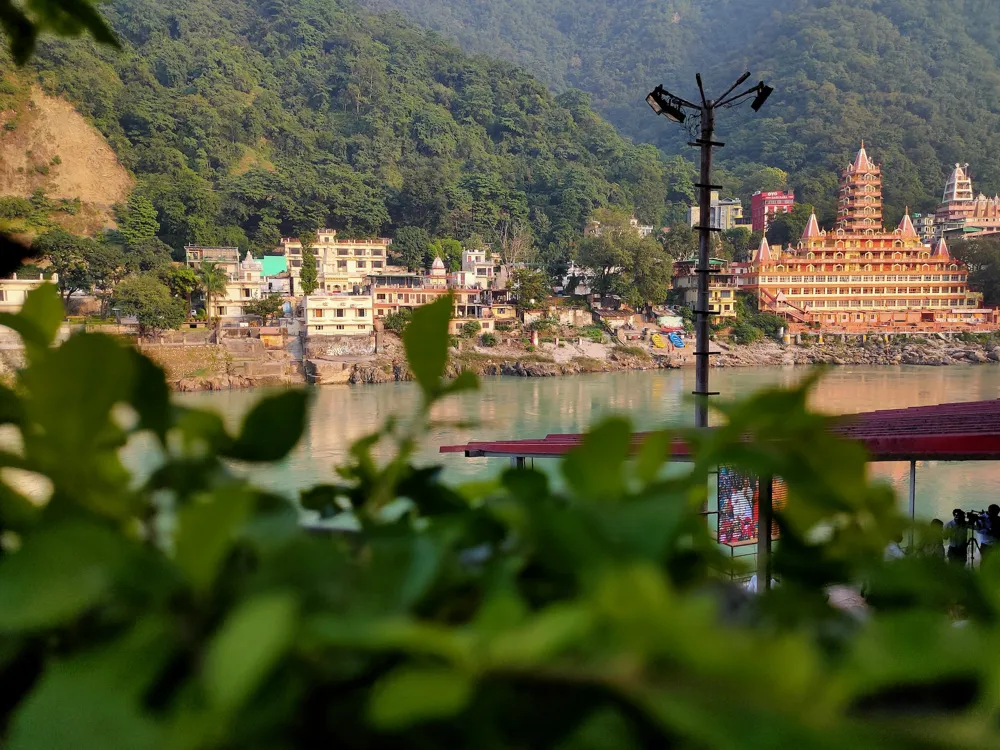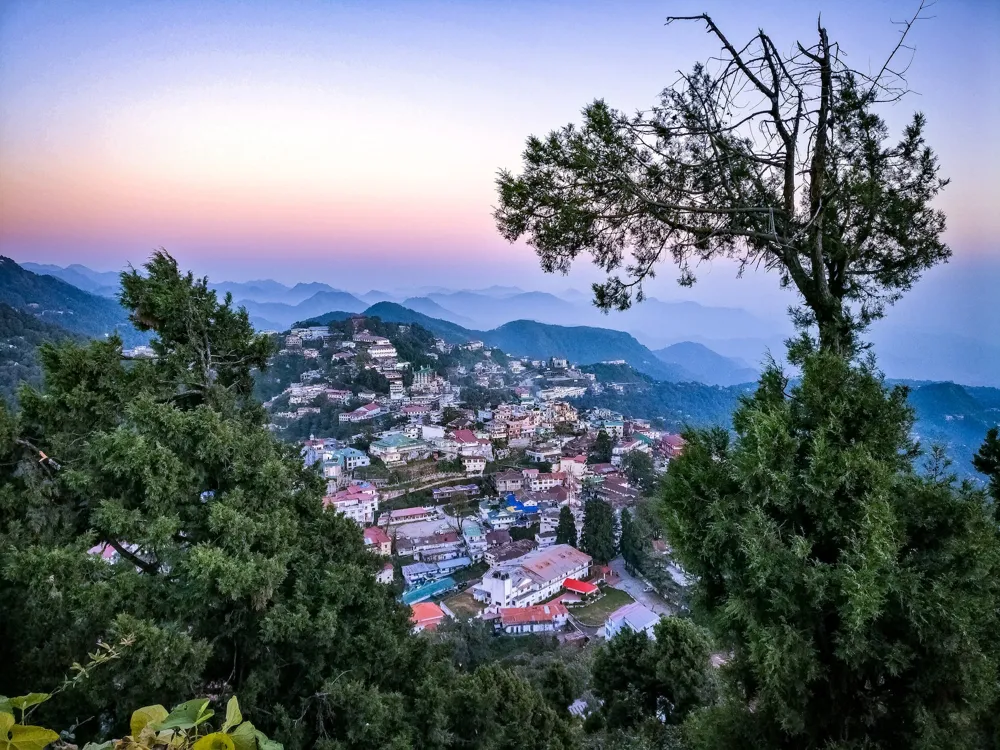Gurgaon, a city in the Indian state of Haryana, is a melting pot of cultural diversity, modernity, and economic growth. This bustling metropolis, also known as Gurugram, is part of the National Capital Region and is renowned for its rapid development, state-of-the-art infrastructure, and vibrant lifestyle. As the city has grown, it has become a hub for multinational corporations, leading IT companies, and numerous startups, transforming it into one of India's major financial and technological hotspots. The history of Gurgaon is as fascinating as its growth. From being a small agricultural village, it has evolved dramatically over the decades. The city's strategic location near the national capital, Delhi, has played a significant role in its development. The transformation of Gurgaon into a corporate haven began in the late 20th century and has since been a testament to India's economic aspirations and growth story. However, Gurgaon's charm isn't just in its economic milestones. The city is a vibrant tapestry of cultural and social diversity. It is home to a cosmopolitan population, drawing people from all over India and the world. This diversity is reflected in the city's lifestyle, cuisine, festivals, and social interactions, making Gurgaon a true microcosm of global culture within India. The architecture of Gurgaon is a fascinating blend of traditional and modern design. The city's skyline is dotted with high-rise buildings, contemporary office complexes, and luxurious residential properties. These modern structures are a testament to Gurgaon's urbanization and its position as a real estate powerhouse. The architectural style in Gurgaon is characterized by its innovative use of space, energy-efficient designs, and the integration of green building concepts. One of the city's most iconic architectural landmarks is the Cyber City. It epitomizes modern architecture with its sleek glass façades, state-of-the-art offices, and sophisticated urban planning. This area is a hub for major IT and Fortune 500 companies, showcasing the city's economic strength and global connectivity. Apart from its modern edifices, Gurgaon also preserves its historical architecture. Small temples and ancient structures can be found amidst the urban landscape, offering a glimpse into the region's rich cultural and historical heritage. These historical sites are a stark contrast to the modern buildings, reminding us of the city's journey from a humble past to a vibrant present. Another aspect of Gurgaon's architecture is its residential developments. From luxury villas to high-rise apartments, the city offers a wide range of living options. These residential areas are often equipped with world-class amenities, green spaces, and community centers, reflecting the city's focus on quality living and environmental sustainability. The ideal time to visit Gurgaon is between October and March when the weather is pleasant. This period avoids the extreme heat of summer and the monsoon season, making it perfect for exploring the city and its surroundings. Gurgaon is well-connected through various modes of transportation. The city's efficient metro system, local buses, auto-rickshaws, and app-based cab services like Uber and Ola make commuting easy and convenient. From luxury hotels to budget-friendly guesthouses, Gurgaon offers a range of accommodation options to suit different preferences and budgets. It is advisable to book in advance, especially during peak tourist seasons. While Gurgaon is quite cosmopolitan, it's important to respect local customs and traditions. Dressing modestly, especially at religious sites, and being mindful of local social norms is recommended. Gurgaon's culinary scene is diverse, offering everything from local street food to international cuisines. Don't miss trying the local delicacies and exploring the city's bustling food markets and upscale restaurants. Gurgaon is easily accessible from various parts of India and the world. The city is just a short drive from the Indira Gandhi International Airport in Delhi, making it convenient for international travelers. For those traveling from within India, Gurgaon is well-connected by road and rail. The National Highway 8 connects it to Delhi, and the Gurgaon Railway Station links it to various cities across India. Additionally, the Delhi Metro has several stations in Gurgaon, making it easily reachable from different parts of the Delhi-NCR region.Overview of Gurgaon, Haryana
Architecture of Gurgaon
Tips When Visiting Gurgaon
Best Time to Visit
Local Transportation
Accommodation Options
Cultural Etiquette
Food and Cuisine
How To Reach Gurgaon
Ambience Mall
Gurgaon
Haryana
NaN onwards
View gurgaon Packages
Weather :
Label : Must Visit
Tags : Shopping
Timings : 10:00 AM - 11:00 PM
Time Required : 3 - 4 hours
Entry Fee : No entry fees
Planning a Trip? Ask Your Question
Gurgaon Travel Packages
View All Packages For Gurgaon
Top Hotel Collections for Gurgaon

Private Pool

Luxury Hotels

5-Star Hotels

Pet Friendly
Top Hotels Near Gurgaon
Other Top Ranking Places In Gurgaon
View All Places To Visit In gurgaon
View gurgaon Packages
Weather :
Label : Must Visit
Tags : Shopping
Timings : 10:00 AM - 11:00 PM
Time Required : 3 - 4 hours
Entry Fee : No entry fees
Planning a Trip? Ask Your Question
Gurgaon Travel Packages
View All Packages For Gurgaon
Top Hotel Collections for Gurgaon

Private Pool

Luxury Hotels

5-Star Hotels

Pet Friendly







